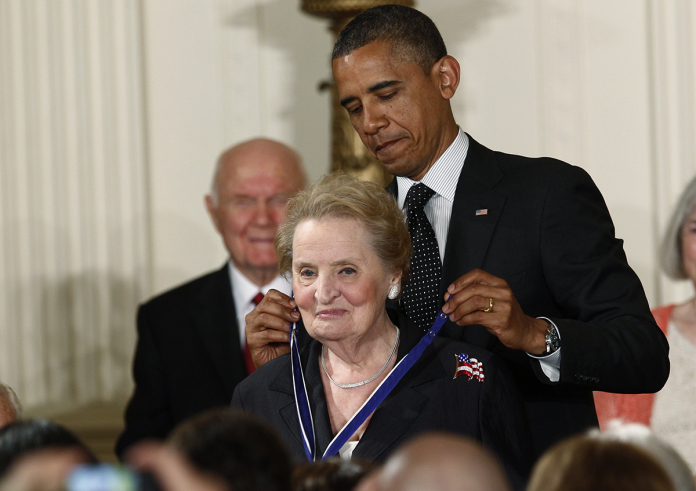UN Special Rapporteur Francesca Albanese has raised serious concerns about the Israeli regime's use of human shields, warning that such practices could undermine international cooperation and multilateralism. Albanese's comments came in response to footage showing an injured Palestinian man strapped to the hood of an Israeli armored vehicle in Jenin, a city in the occupied West Bank.
Albanese expressed her astonishment on X, stating, "It is flabbergasting how an entity born 76 years ago has managed to turn international law literally on its head." She cautioned that this behavior threatens the future of multilateralism, which some influential member states may already regard as irrelevant.
The video shared earlier on Saturday depicted a visibly injured and pained Palestinian man tied to the hood of an Israeli military Jeep as it moved through Jenin. This image has sparked widespread condemnation and raised alarms about the recurrent use of human shields in the West Bank.
Human rights organizations have extensively documented the Israeli regime's use of Palestinians, including children, as human shields. Reports indicate that Israeli forces put Palestinian civilians in harm's way during search, raid, and assault operations. Civilians are often forced to open potentially booby-trapped doors, remove suspicious objects, or walk through buildings that might contain traps.
One of the documented tactics includes the "neighbor procedure," where Palestinian civilians are compelled to persuade others to surrender. These practices have been identified as war crimes by multiple human rights groups.
In a recent incident, a Palestinian shop owner reported being used as a human shield by Israeli forces during a raid in the southern West Bank. Such accounts highlight the long-standing and pervasive nature of this issue.
The use of civilians as human shields is a blatant violation of international law and represents one of many war crimes committed by Israeli forces in the occupied territories. Albanese's remarks underscore the urgent need for the international community to address these violations and uphold the principles of human rights and international law.

















